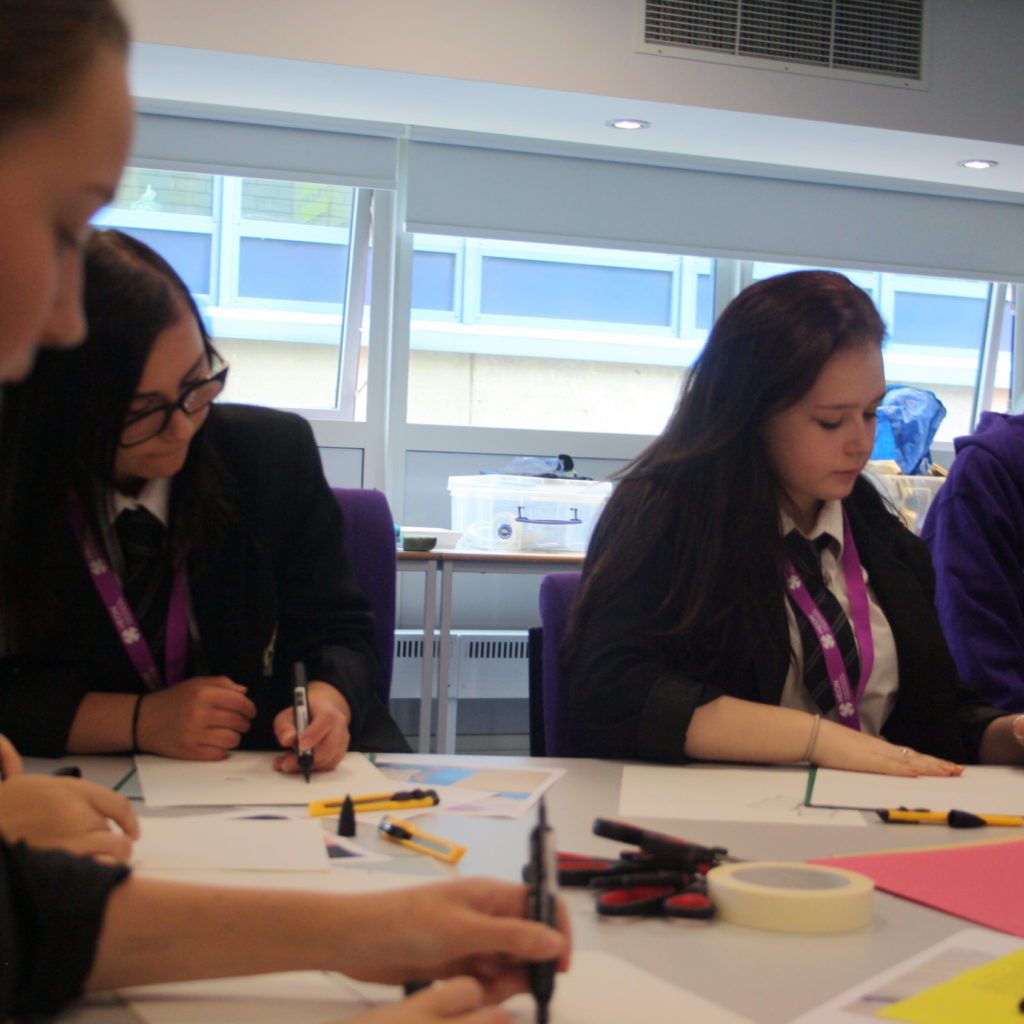Career pathways
Throughout your educational career there will be several key decision points which will impact the pathway you take. Below is an explanation of each of these decision points and the options that are available.
Secondary School
One of the first major decisions that would have been made is which school you chose to attend. There would have been reasons why the school was chosen, it may have been location or subjects available.
Options Y9
As you enter mid-way through your secondary education there will be a choice to be made on which subjects you wish to continue studying. There are a few options you will be able to choose from including:
GCSES
GCSEs are taught in the classroom and require further independent research. They are available in a wide range of subjects.
BTECS
BTECs are taught in the classroom and require independent learning to develop work-based skills.
ALTERNATIVE COURSES
Vocational qualifications can be taken alongside GCSEs and provide work related experience.
After Y11
It is required that each student remains in education or training until 18. There are a few pathways that are available to choose from including educational or work-based experience.
Further Education
A LEVELS
Traditional subject orientated qualifications. A Levels are taught in the classroom and require further independent research and learning. You will be largely assessed through final exams.
BTECS
Industry orientated qualifications. BTECs are taught in the classroom and require independent learning to develop work-based skills. You will be assessed through project-based tasks and practical assignments
T Levels
T Levels are new two-year, technical programmes designed with employers to give young people the skills that industry needs.
ApprenticeshipS
Job-specific qualifications. Apprenticeships are taught through work place experience, observation and practice. You may attend a local college or training provider to cover theory elements

Choices after school
Once you have completed your compulsory education or training there are a wide range of options available. Some of these include:
Work – A job with or without training.
Higher Apprenticeships & School Leaver Programmes – Equivalent to higher education level study in the workplace, with release to a local higher education training provider.
Further Specialised Training – Studying a specialist vocational course at a specialist or further education college.
Gap Year – Time out to develop life and work experience.
Degree Apprenticeships & Sponsored Degrees – Sponsored by a company to study towards a degree or foundation degree at university.
University – Studying for a degree or foundation degree at a university or higher education provider.
Every individual has a different pathway. Under our resources section we have some pathway leaflets which you can use to help you think about what the right option for you might be.